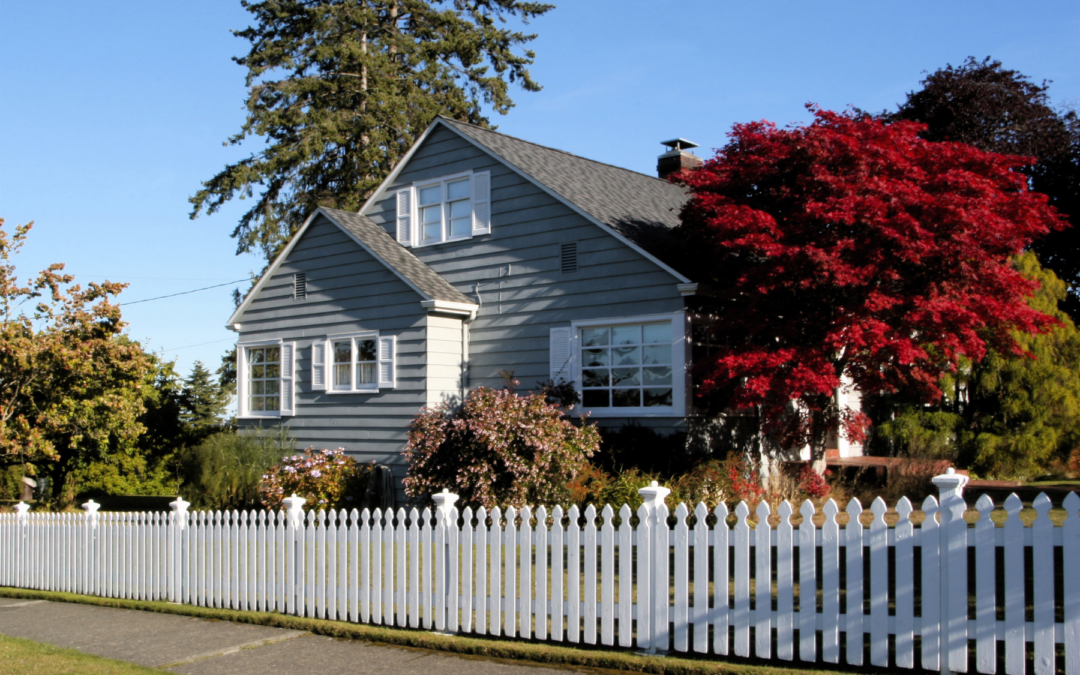


by Tristan Simmons | Jun 15, 2024 | Tips & Suggestions
Keeping your yard in great shape means guarding it from the presence of unwanted animals. To do that, you need to make sure you have the right kind of fence. Some of the best options for that purpose are wooden fences, vinyl fences, and aluminum fences. They can make...Choosing the right material for your fence is crucial in ensuring it effectively keeps animals out. Common materials include wood, vinyl, and aluminum, each offering unique benefits and drawbacks depending on your specific needs.
Wooden fences provide a natural aesthetic and can be customized in height and design, but they may require more maintenance to prevent rot and decay. Vinyl fences are durable and low-maintenance, resistant to weather conditions, while aluminum fences are lightweight and rust-resistant, making them ideal for various climates.
The height and design of your fence play a vital role in its effectiveness at keeping animals out. A taller fence is generally more effective, as most animals cannot jump beyond a certain height, but the design also matters significantly.
For example, fences that are at least six feet tall can deter larger animals like deer and dogs, while adding features like an angled top or barbed wire can further enhance security against climbing animals. Additionally, ensuring there are no gaps at the base can prevent smaller animals from sneaking underneath.
Regular maintenance is essential to ensure your fence remains effective in keeping animals out. Depending on the material, different maintenance practices may be required to prolong the life of your fence.
For wooden fences, routine inspections for signs of rot or insect damage are necessary, along with periodic sealing or painting. Vinyl fences can be cleaned with soap and water to maintain their appearance, while aluminum fences may need occasional tightening of the hardware to ensure stability.
When selecting a fence to keep animals out, understanding the cost implications is important. The price of fencing can vary widely based on materials, height, and installation requirements.
Wooden fences tend to be more affordable upfront but may incur higher long-term maintenance costs. Vinyl and aluminum fences generally have a higher initial investment but offer lower maintenance needs, making them cost-effective over time. It's essential to evaluate both initial costs and long-term value when making your decision.